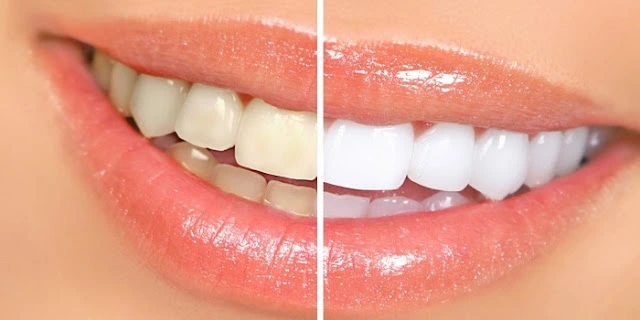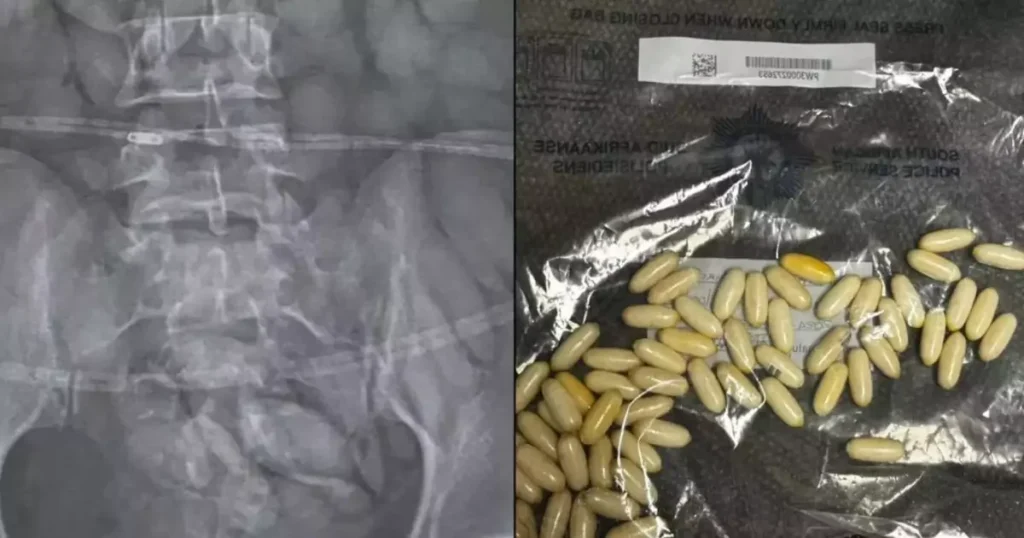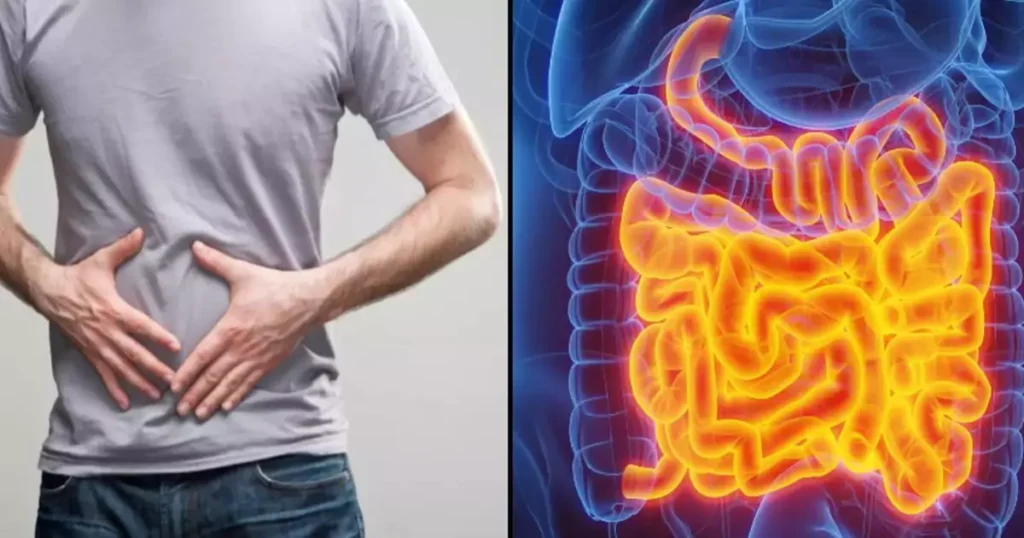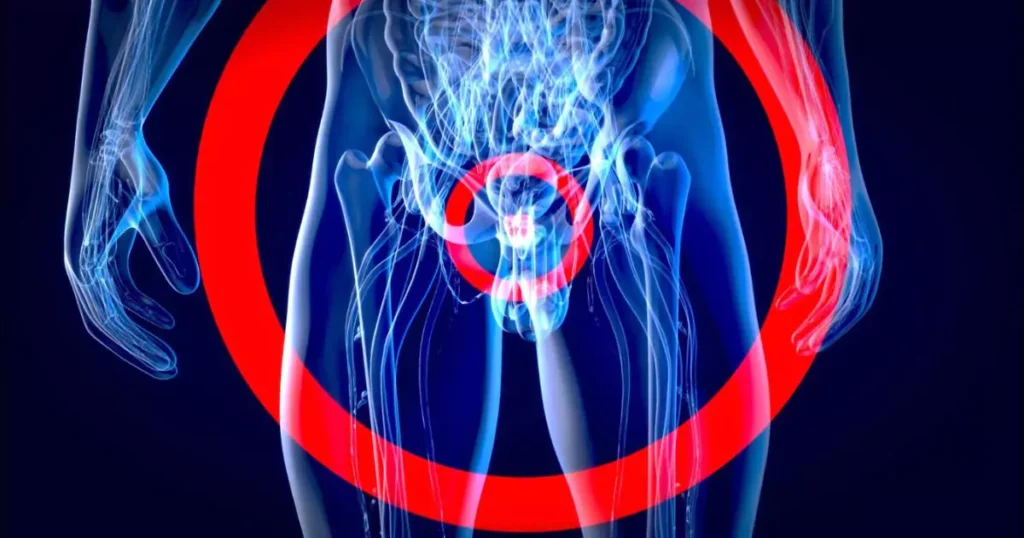
We all have busy mornings, rushing through our routines to get to work, school, or wherever our day leads us. However, new research shows that a common mistake many people make in the morning could significantly increase the risk of developing dangerous cancers. In fact, if you’re not careful, your morning habits could put you at risk of two specific types of cancer. This shocking discovery highlights the importance of taking a bit more time for self-care in the mornings—particularly when it comes to oral hygiene.
In this article, we’ll explore the connection between oral hygiene and cancer risk, provide practical tips on how to protect yourself, and answer common questions about this crucial topic. With proper knowledge and some simple changes, you can drastically reduce your cancer risk.
The Link Between Oral Hygiene and Cancer
Research published in JAMA Oncology has shown that neglecting oral hygiene can increase the risk of head and neck cancers by up to 50%. The study followed 160,000 participants over 15 years and found a startling connection between poor dental care and the development of squamous cell carcinoma in the head and neck. The key factor? Bacteria in the mouth that can lead to gum disease and ultimately cancer.
Squamous cells line the mouth, nose, and throat, and when harmful bacteria build up due to poor brushing or flossing, these cells are more likely to become cancerous. Professor Richard Hayes from New York University (NYU), one of the study’s authors, emphasized the importance of maintaining good oral hygiene to minimize cancer risks.
The Critical Role of Oral Bacteria
Oral bacteria may seem like a minor issue, but the research revealed its direct impact on cancer development. The study found 13 types of bacteria that can increase the risk of head and neck squamous cell carcinoma. Participants who didn’t maintain proper oral hygiene had a much higher likelihood of developing this cancer, compared to those who took good care of their teeth and gums.
These findings underscore how something as simple as brushing your teeth thoroughly each morning could mean the difference between health and a dangerous disease.

How Rushing Through Your Morning Routine Can Hurt You
In today’s fast-paced world, people often prioritize speed over thoroughness in their morning routines. This is especially true for brushing teeth, a task many rush through just to get out the door. However, skimping on your oral hygiene could have serious health consequences. The bacteria left behind from improper brushing can accumulate, causing gum disease and increasing cancer risk.
Taking an extra minute or two to brush and floss properly could significantly reduce your chances of developing these types of cancer.
The Symptoms of Head and Neck Cancer: Know What to Watch For
One reason head and neck cancer is so dangerous is that its symptoms often go unnoticed in the early stages. By the time symptoms become apparent, the cancer may have already progressed to a more advanced stage, making it harder to treat. Common symptoms of head and neck cancer include:
- Persistent sore throat
- Difficulty swallowing
- A lump or sore that doesn’t heal
- Persistent ear pain
- Hoarseness or voice changes
- Unexplained weight loss
If you experience any of these symptoms for more than two weeks, it’s important to see a doctor. Early detection is crucial for improving the chances of successful treatment.
Practical Tips for Protecting Yourself
Luckily, there are easy steps you can take to reduce your risk of head and neck cancer. Here’s how to make your morning routine work for you rather than against you:
- Brush for at Least Two Minutes: Make sure you’re brushing for a full two minutes, covering all surfaces of your teeth and gums. Use a fluoride toothpaste to strengthen your enamel and fight plaque buildup.
- Floss Daily: Only 30% of people floss regularly, according to the UK Adult Oral Health Survey. Flossing removes food particles and bacteria that your toothbrush can’t reach, protecting your gums from disease.
- Use Mouthwash: Antibacterial mouthwash can help reduce harmful bacteria in your mouth. Swish for at least 30 seconds after brushing and flossing.
- Visit the Dentist Regularly: Make sure to see your dentist for checkups and cleanings at least twice a year. A professional cleaning can remove plaque and tartar that regular brushing can’t, while a dentist can identify early signs of gum disease or oral cancer.
- Eat a Healthy Diet: A diet rich in fruits and vegetables can help maintain oral health. Avoid excessive sugar, which can feed harmful bacteria in your mouth.
- Quit Smoking and Limit Alcohol: Tobacco and alcohol use are significant risk factors for both gum disease and head and neck cancer. Limiting or avoiding these substances can greatly reduce your risk.
The Research Behind the Findings
The groundbreaking study by US scientists followed a large sample of 160,000 people for 15 years, collecting data on their diets, lifestyles, and oral hygiene habits. Participants also rinsed with mouthwash and provided saliva samples, which allowed researchers to analyze their oral bacteria.
Of the participants, 236 were diagnosed with head and neck squamous cell carcinoma. Their oral bacteria DNA was then compared with those of participants who did not develop cancer. The analysis revealed 13 types of bacteria linked to a higher risk of developing this specific type of cancer. The study’s results indicate a clear connection between poor oral hygiene and cancer risk, with participants who didn’t brush or floss regularly facing a 50% higher chance of developing cancer.
Why Oral Hygiene Affects Your Overall Health
It’s easy to think of oral hygiene as separate from the rest of your health, but the truth is that your mouth is the gateway to your body. When harmful bacteria flourish in your mouth, they can enter your bloodstream, leading to inflammation and increasing the risk of other diseases like diabetes and high blood pressure.
In fact, studies have shown that gum disease is linked to a number of serious health conditions, including heart disease, stroke, and even dementia. By maintaining good oral hygiene, you’re not just protecting your mouth—you’re protecting your entire body.
A Small Change, A Big Impact
It’s easy to overlook the importance of brushing and flossing, especially when mornings are rushed. But this new research makes it clear that taking just a few extra minutes to care for your teeth can make a world of difference in your overall health. Not only can it lower your cancer risk by 50%, but it can also protect you from other serious health conditions.
By committing to better oral hygiene, you’re taking an important step toward a healthier, happier life. Don’t wait—start making positive changes today and safeguard your future.
Don’t let a rushed morning routine put your health at risk. By making a few simple changes to your daily habits, you can protect yourself from serious diseases like cancer, diabetes, and heart disease. Start by brushing thoroughly, flossing, and using mouthwash every morning—and don’t forget those regular dentist visits. For more health tips and the latest research on cancer prevention, subscribe to our newsletter today and stay informed!

























































































































